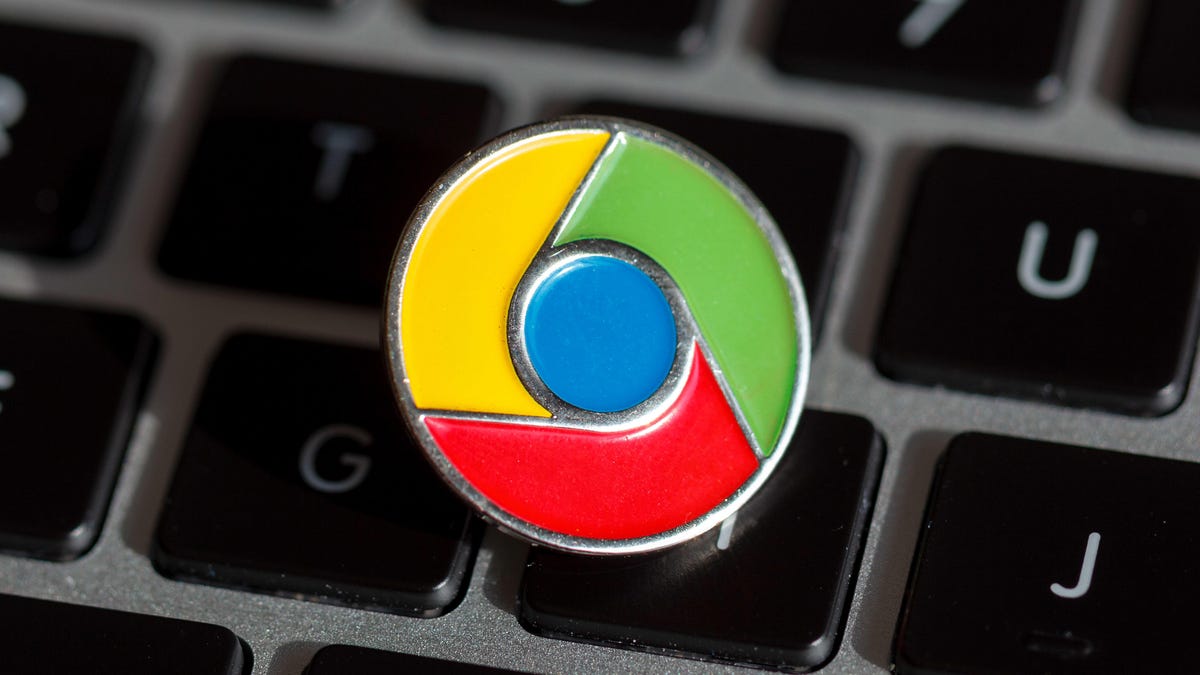Google Chrome's top web app advocate resigns
Alex Russell, a senior software engineer who led the Fugu project, is worried about the future of the web on smartphones.

Google is losing one of its strongest champions of the web. Alex Russell, who has led the Fugu project to make web apps as powerful as those running on Google's Android or Apple's iOS software, is leaving the company on Wednesday.
Russell announced his departure on Twitter. He's not quitting in anger or being pushed out. But after 12 years at Google pushing his vision for a more powerful web, "I need some time off," he said in an interview.
Russell has been an outspoken advocate for the web, using Chrome's dominant position to help test and introduce new abilities that let programmers build interactive apps on the web, not just relatively static websites. Project Fugu embodies this effort, as does the broader progressive web app, or PWA, movement that lets you install and launch web apps more like those that run natively on smartphones and PCs.
At stake here is the future of the web, a rare area of neutrality in an industry that's historically been in the thrall of powers like IBM mainframes, Microsoft Windows and now Apple's iOS and Google's Android. Since we live much of our computing lives today in smartphone apps, the web's future is not as bright as when Google launched Chrome in 2008.
Russell remains concerned about the web, in particular with what he sees as Apple's lagging investments in Safari, whose WebKit engine powers all browsers on iPhones and iPads because of Apple's rules. He also wishes Mozilla's Firefox would move faster.
On personal computers, the web "is good and getting better," with web apps continuing to displace those that run natively on Windows or MacOS, Russell said. But mobile devices are gaining in importance as PCs wane, relatively, and for the web, "mobile's a disaster."
Google, Apple, and Mozilla didn't immediately comment.
Google engineer Joshua Bell will take over the Fugu effort, Russell said. "There's a great team I'm leaving behind, and they're going to continue to deliver absolutely killer stuff."
Russell is taking a road trip around the Southwest before deciding what to do next, but he'll remain a champion of the web, he said. "I'm team web to the end -- of the web or me, whichever is first."

